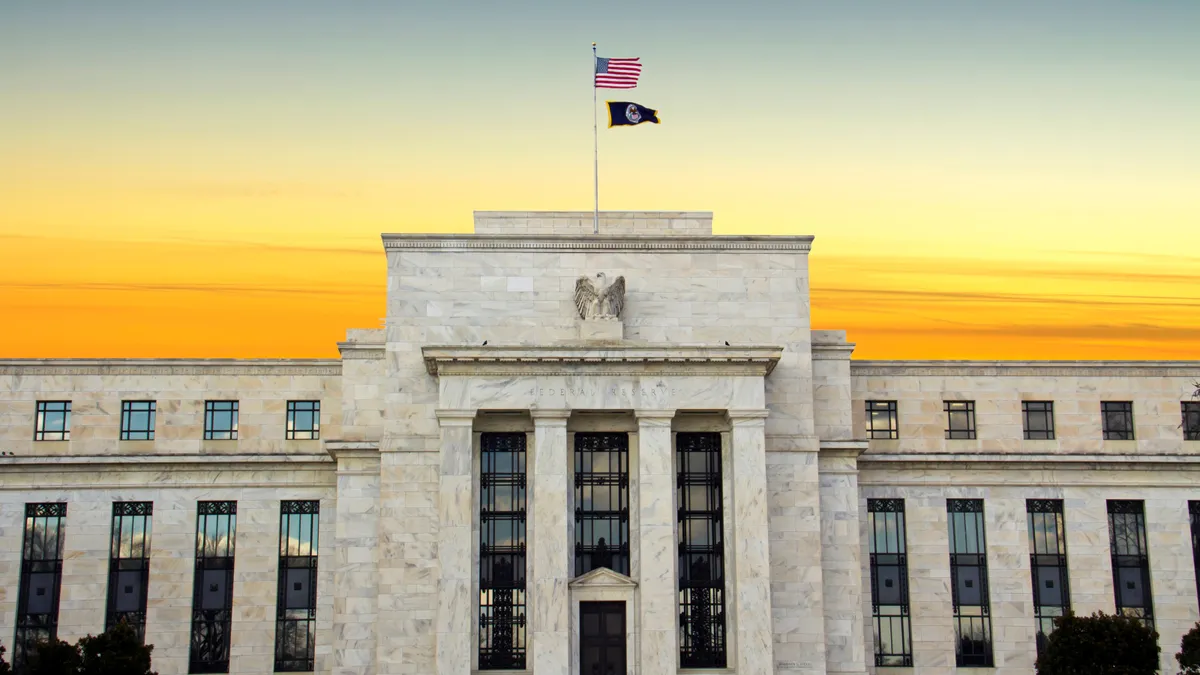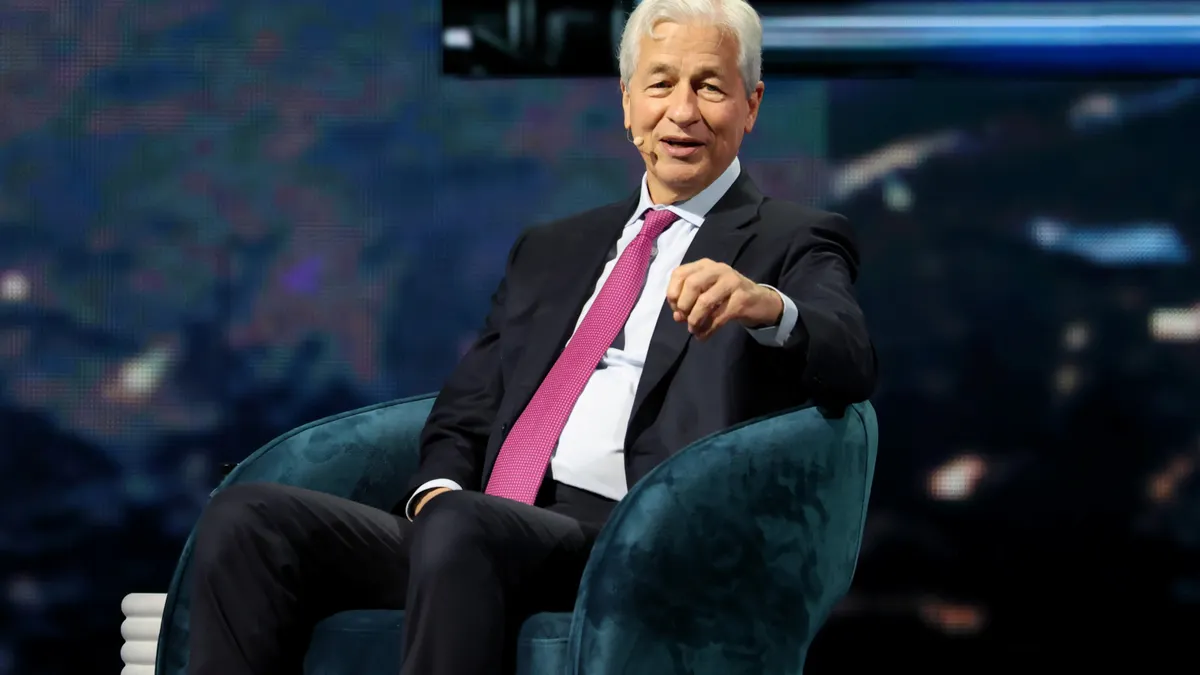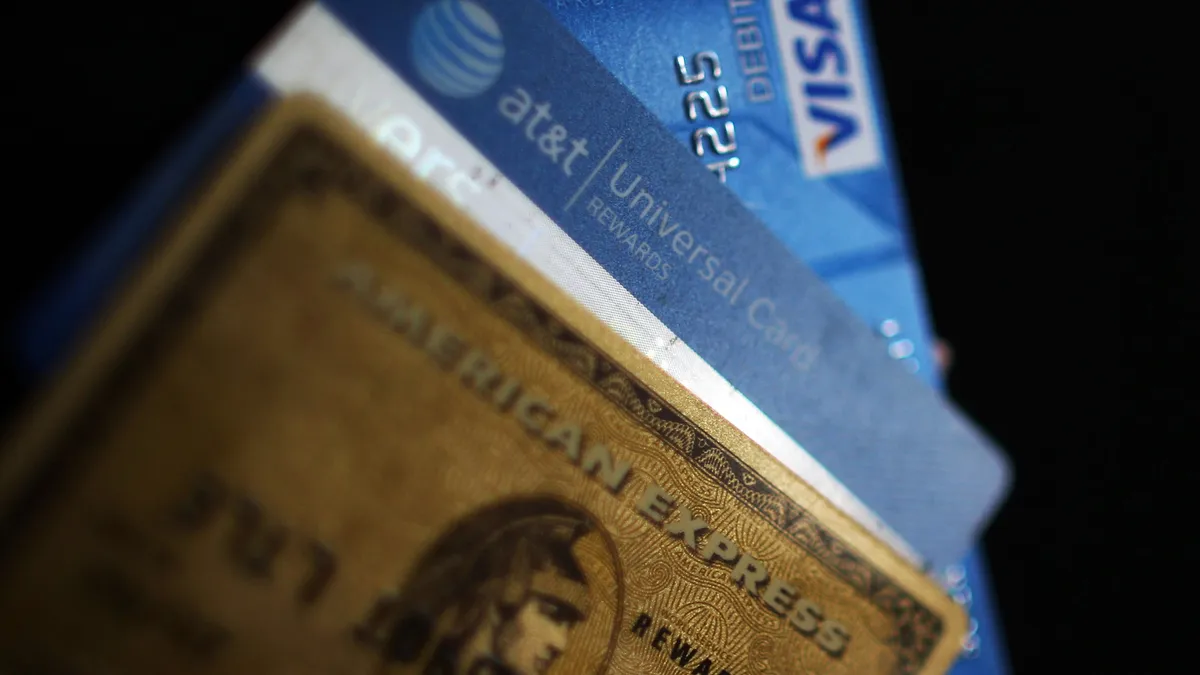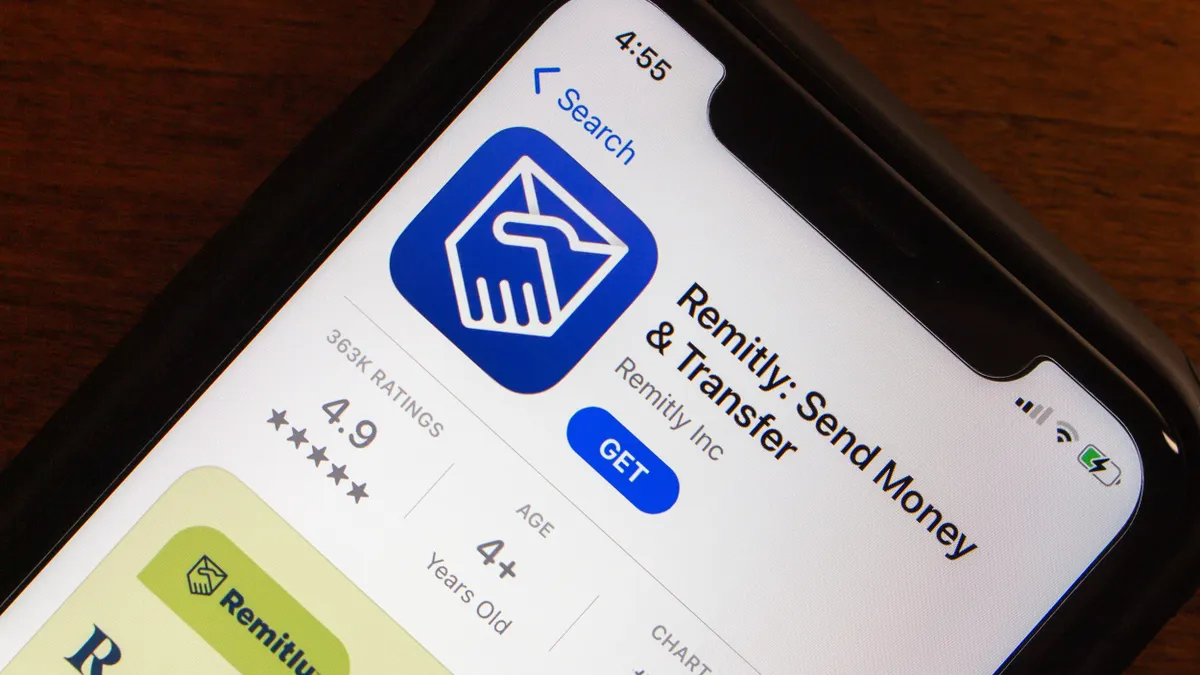Financial institutions that seek to send payments via the Federal Reserve’s Fedwire Funds Service must migrate to a new international standard come Monday.
That’s when banks are required to begin using the ISO 20022 standard for electronic payments they choose to send over that Fed real-time settlement rail. While the central bank delayed an implementation deadline multiple times, after a preliminary 2023 proposal, it says this one is for real.
The Geneva-based International Organization for Standardization gave the world the ISO 20022 standard over two decades ago to encourage financial institutions around the world to embrace a more modern messaging system. Some 70 countries have already adopted the standard that provides operational efficiencies, more data-sharing and less outdated batch-processing.
The shift will allow banks around the world to communicate, share data and operate by the same rules for cross-border payments, said Elias Ghanem, the global head of consulting firm Capgemini’s Research Institute for Financial Services. The change has a host of implications for international commerce, he explained during an interview.
Global payments are “deep and complex,” said Ghanem, who formerly worked for Visa and PayPal Holdings.“It is essential that we all speak the same language. We harmonize the data. We harmonize the rails.”
The Federal Reserve already put its new real-time payments system FedNow on the standard when it was launched in 2023. The bank-owned Clearing House also has its private real-time rail, the RTP network, using the ISO standard.
The new standard will be particularly important for banks and credit unions seeking to send cross-border payments because many foreign financial counterparts already use the standard. The Fedwire channel handles some $4.7 trillion in worldwide commerce every day, with international commerce mainly conducted in U.S. dollars.
“This is a massive upgrade for the entire payment industry,” said Finzly CEO Booshan Rengachari. “It is an upgrade for the entire world mainly because the dollar is the global currency.”
Charlotte, North Carolina-based Finzly is a software provider to financial institutions that has been working to make sure its clients are prepared for this moment. It’s not a gradual transition, but rather a “big bang conversion” that happens Monday when the Fed shifts the Fedwire service to the new standard, Rengachari explained.
It’s the biggest event to happen in payments during his decades-long career in financial services, Rengachari said.
The new standard not only allows banks and their clients more agility and efficiency in pursuing business opportunities, it also helps them work together to thwart threats, Ghanem said. “We all reduce risk,” Ghanem said. “We all fight together.”
Preparing for ISO 20022
Most major U.S. banks are prepared for the Fed shift to ISO 20022, though some smaller institutions in the U.S. may not be, Ghanem said. If they haven’t been able to implement the technology upgrade themselves, presumably they’re working with an outside vendor to do so, he said.
Mihail Duta, a director at financial services software provider Finastra in New York, said he also believes that most U.S. banks are prepared for the new standard. His London-based company, with a U.S. headquarters in Lake Mary, Florida, has been working with both the Federal Reserve and financial institutions to get them ready.
“We've touched every single customer to ensure that the right software is in place, that they've done their testing, that they have everything they need to process,” Duta said.
While there could be some outlier situations with snafus, said Duta, he added that he doesn’t expect any major banking disruptions on Monday.
“Given all the prep work and all the diligence that was done, I think it's unlikely that something dramatically wrong will go on July 14,” he said.
To brace for any potential mishaps, Finastra is advising its financial institution clients to start a little earlier than usual on Monday to give themselves more processing time to “work through any wrinkles,” he said.
“All providers, including the Fed, are thinking the same way: It's all hands on deck,” Duta said. “I can tell you, from a Finastra perspective, nobody's taking off July 14.”
That’s the case for Rengachari’s crew too. In fact, the company has reservations at nearby hotels for some of the firm’s 200 employees that will be working more hours than usual.
ISO 20022 benefits business
One of the key benefits of the technology associated with the new standard is its ability to carry more data with a given transaction. For instance, international purchase orders can carry documents, like an invoice, and more information about a particular shipment.
The reports that banks can generate regarding those transactions will also benefit from the richer data, as will their fraud-fighting capabilities, Duta said.
“The foundation has been laid for a major transformation, and that's going to be a good thing for the entire industry,” Rengachari said.
Regional U.S. banks that don’t adopt the standard immediately may be less troubled because they’re mainly focused on local transactions, Ghanem said. Mainly, it could mean delays for some payments, he said.
But being in tune with the global payments ecosystem is ultimately important for all U.S. financial institutions, and may give those banks that are up-to-date on the standard an edge, he said.
The new ISO standard links to payments systems run by different organizations, such as the Belgium-based international cooperative Swift, allowing them to better communicate with each other. Swift, which is a messaging system for global payments, has allowed users a more gradual conversion to the ISO standard, but is also moving toward a November 22 deadline to complete that transition.
As for the Fedwire milestone Monday, Rengachari said he’s confident it will go smoothly, after what he expects will be a busy weekend. “If anything doesn't go the way it is planned, we will be there to make sure things are back on track,” he said.
Rengachari has also prepared to celebrate Monday after the transition is complete, lining up a bottle of champagne to be opened.
Clarification: The story has been updated to clarify that the Fed hadn’t previously postponed the ISO standard implementation deadline set in its final notice. It had previously contemplated earlier implementation dates before the final notice.






















